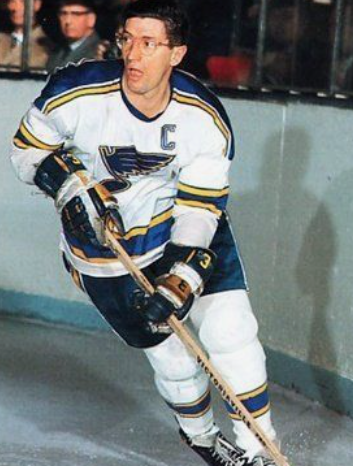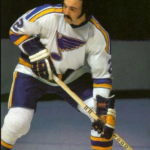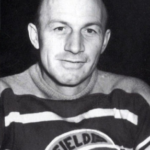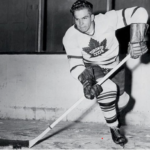Al Arbour, born on November 1, 1932, in Sudbury, Ontario, Canada, is widely regarded as one of the greatest coaches in the history of professional ice hockey. He had an illustrious career both as a player and a coach, leaving an indelible mark on the sport.

Arbour’s playing career began in the late 1950s when he joined the Detroit Red Wings of the National Hockey League (NHL). A steady defenseman, Arbour showcased his skill and determination on the ice. In 1960, he was part of the Red Wings team that won the Stanley Cup. However, it was his transition to the coaching role that truly defined his legacy.
After his playing career ended, Arbour became an assistant coach for the St. Louis Blues in 1967. He quickly gained recognition for his strategic acumen and ability to connect with players. In 1970, he was appointed the head coach of the New York Islanders, a struggling expansion team at the time.
Arbour’s impact on the Islanders was nothing short of remarkable. He transformed them into one of the most dominant teams in NHL history. Under his guidance, the Islanders won an unprecedented four consecutive Stanley Cup championships from 1980 to 1983, solidifying their place as a dynasty. Arbour’s calm and composed demeanor, coupled with his tactical brilliance, earned him immense respect from his players and the entire hockey community.
One of the most memorable moments in Arbour’s coaching career occurred during the 1979-1980 season. The Islanders had fallen behind in the Stanley Cup Finals against the Philadelphia Flyers, losing three consecutive games. In a legendary move, Arbour wrote “Get Back to Basics” on the locker room chalkboard before Game 4, inspiring his team to rally and eventually win the series, capturing their first-ever championship.
Throughout his tenure with the Islanders, Arbour became the franchise’s winningest coach, amassing an impressive 740 regular-season victories. He also holds the record for the most playoff wins by a head coach, with 123. Arbour’s commitment to excellence and his ability to nurture talent helped players like Mike Bossy, Bryan Trottier, Denis Potvin, and Clark Gillies reach their full potential .After retiring from coaching in 1986, Arbour made a brief comeback in 1988 before officially stepping down in 1994. Al Arbour passed on August 28, 2015 at the age of 82 However, his impact continues to be felt, as he remains a revered figure in the hockey world.
Thanks for your time. Please leave comments and suggestions below.




